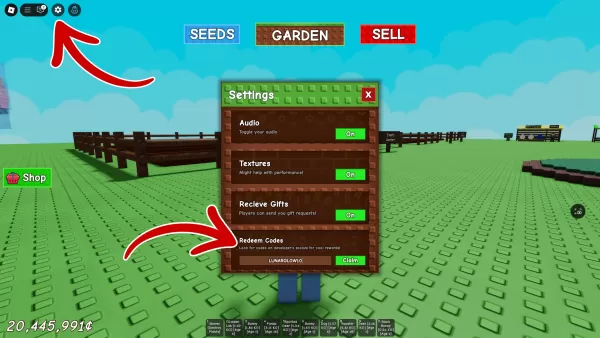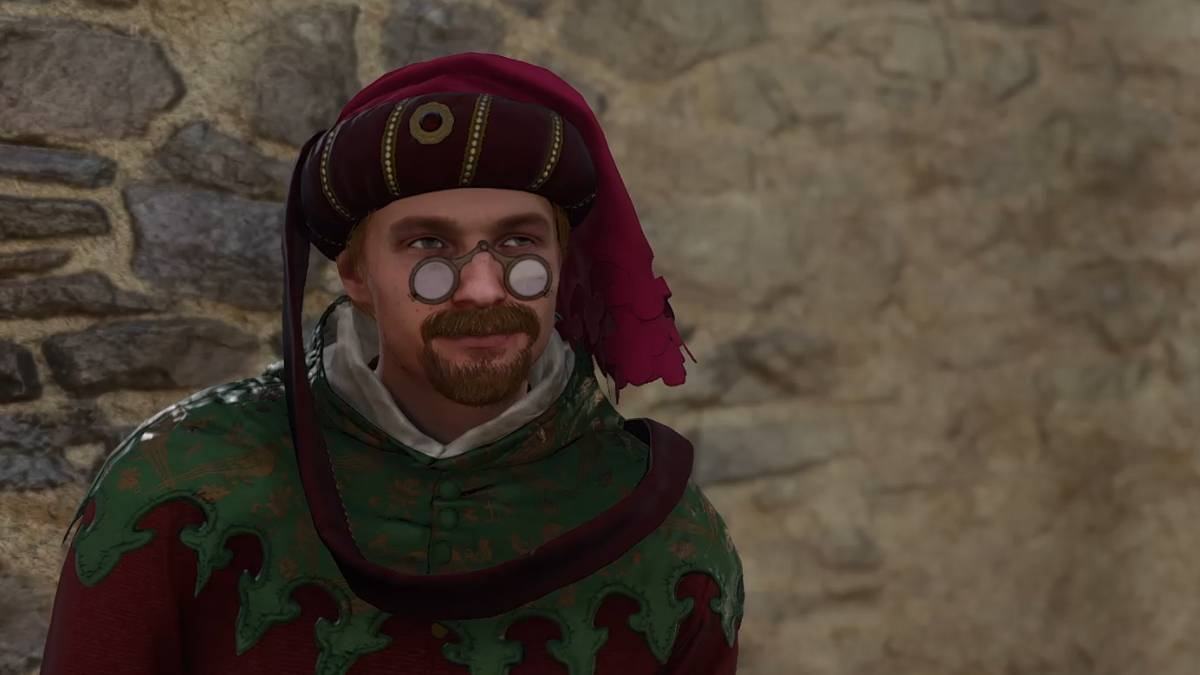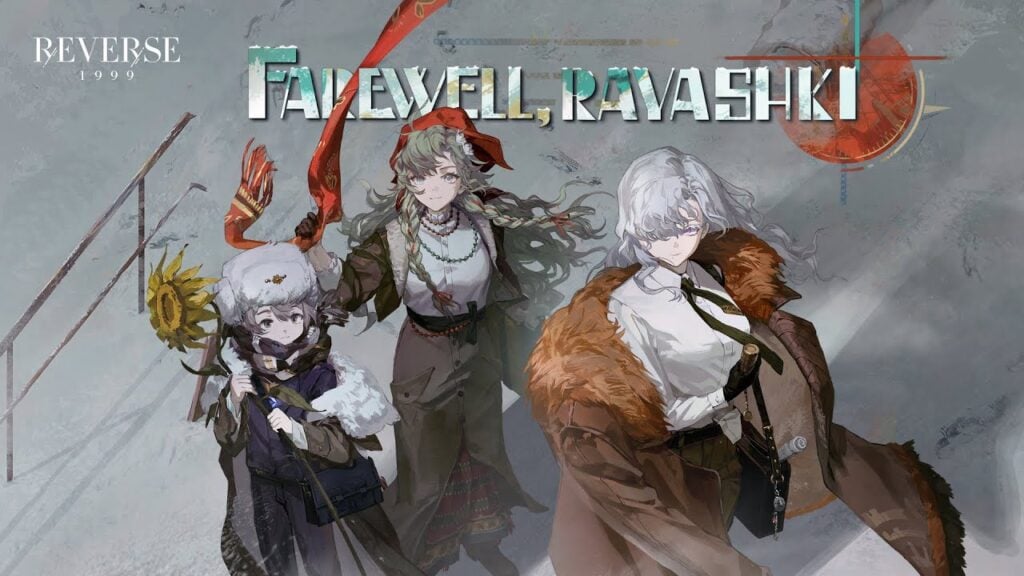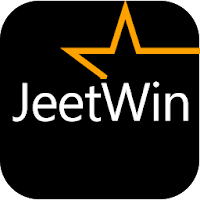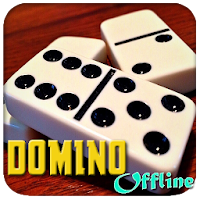The European Union's Court of Justice has ruled that consumers within the EU can legally resell downloaded games and software, despite any restrictions in End-User License Agreements (EULAs). This decision stems from a legal dispute between UsedSoft and Oracle, clarifying the "principle of exhaustion" regarding copyright.

This principle dictates that once a copyright holder sells a copy granting unlimited usage rights, the distribution right is exhausted, enabling resale. This applies to games purchased on platforms like Steam, GoG, and Epic Games. The original purchaser can sell the license, allowing a new buyer to download the game. The ruling clarifies that the original owner relinquishes access upon resale.
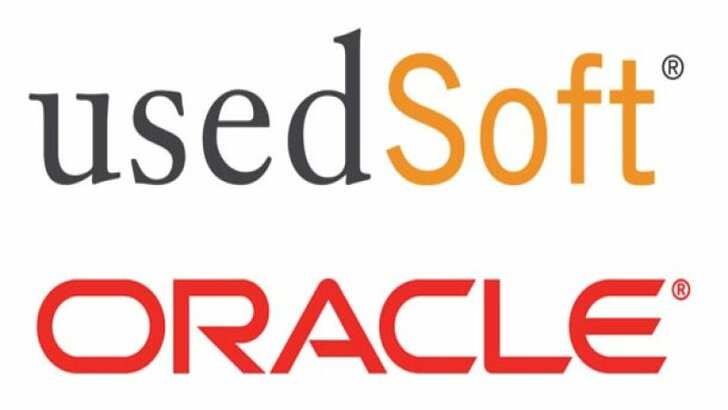
However, the seller must render their copy unusable upon resale to avoid copyright infringement. The court emphasizes that while the distribution right is exhausted, the reproduction right remains, permitting only necessary reproductions for legitimate use by the new owner. This allows the new owner to download the game for intended use.
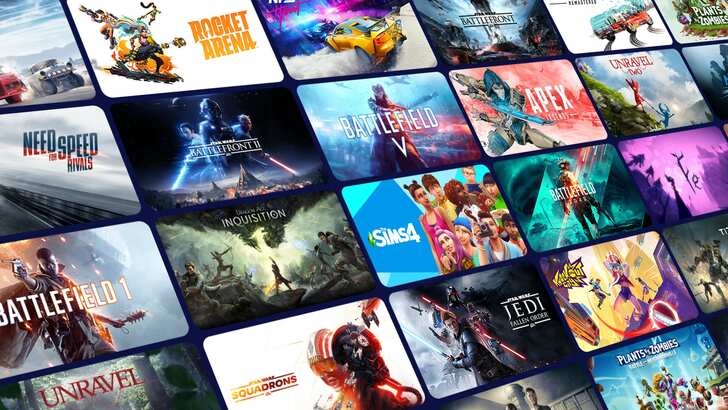
Importantly, the ruling specifies that backup copies cannot be resold. This aligns with a previous CJEU case (Aleksandrs Ranks & Jurijs Vasilevics v. Microsoft Corp.) which reinforces this restriction.
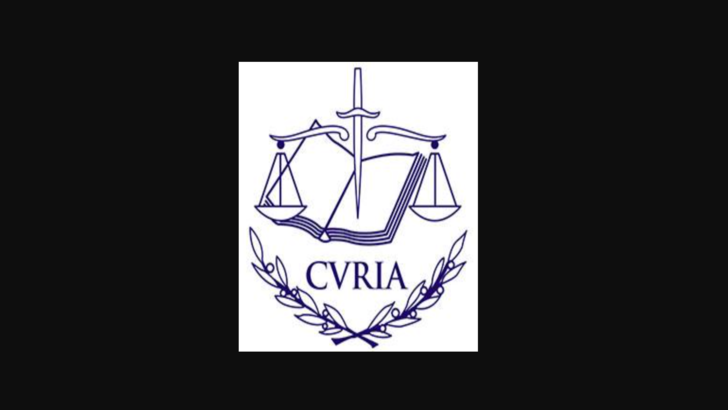
The decision overturns non-transferable clauses in EULAs within the EU, granting consumers resale rights while clarifying limitations on continued use by the original owner and the prohibition on reselling backup copies. The practical implementation, particularly regarding transfer of registration and the lack of a formal resale marketplace, remains a significant area for further consideration.


 Latest Downloads
Latest Downloads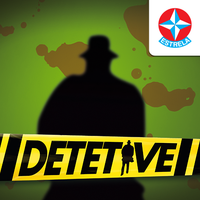
 Downlaod
Downlaod



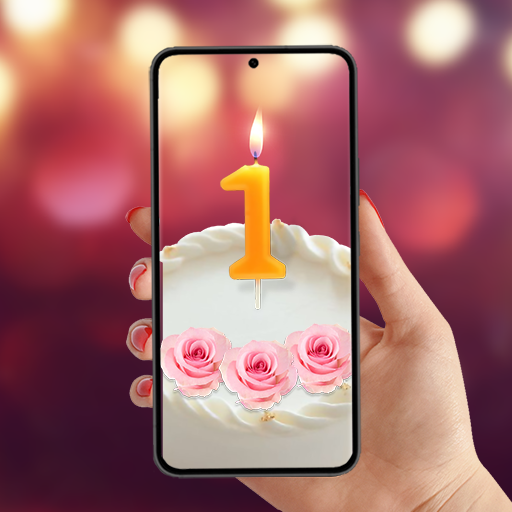
 Top News
Top News